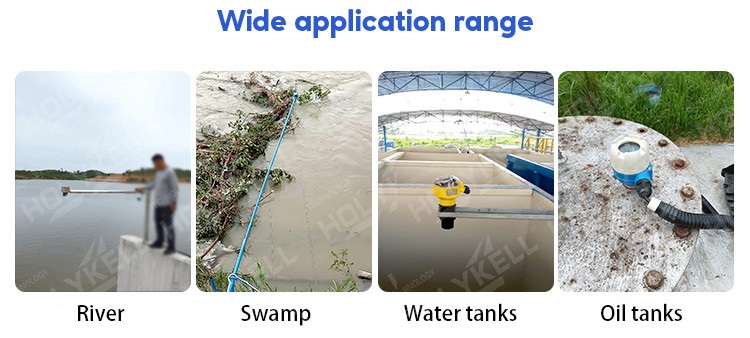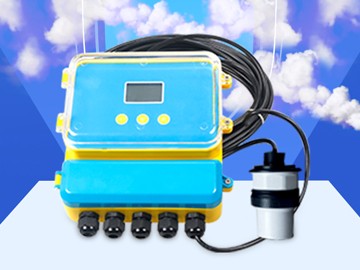What Affects the Accuracy of Ultrasonic Level Sensors
As a non-contact, highly reliable, and cost-effective liquid level measuring instrument, ultrasonic level sensors are common in petroleum, mining, power and chemical plants, water treatment, hydrological monitoring, and environmental monitoring. While some people ignore the product selection, resulting in bad measurement effect. Therefore, when selecting a ultrasonic level gauge, the followings should be noted.
For explosive applications
This especially applies for chemical industries. Because not only the liquid medium has the potential danger of explosion, but also the gas exposed to the air is likely to be a threat.
→How to Solve
Due to safety considerations, choosing ultrasonic level sensors with explosion-proof performance is important and crucial. For example, dangerous gases are generally released in sewage treatment plants, thus, explosion-proof ultrasonic level sensors are required.

For volatile medium
When measuring volatile media, a large number of fine liquid particles may suspend in the air inside the tank, causing part of the sound waves to scatter. When the liquid drops to a lower position, the ultrasonic level gauge may fail to receive echoes.
→How to Solve
It is recommended to increase the measuring distance by 30~50% when selecting the range of the ultrasonic liquid level gauge. For example, for a 6m high tank, it is best to choose a range of 10 m. Note that ultrasonic level sensors are not recommended to measure highly volatile media.
For corrosive Applications
Corrosive liquids may corrode the probe in a long term.
→How to Solve
Choose ultrasonic level sensors with a PVDF probe, which can ensure that the instrument can still work reliably in corrosive applications.






